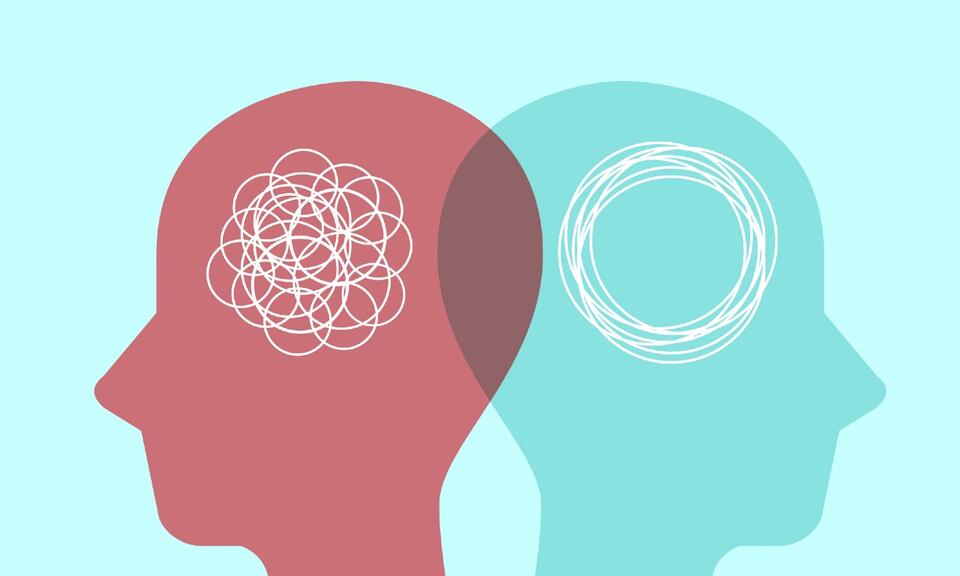Our adolescent experience can shape our health for a lifetime. Here, Business School academics look at how data on Millennial teens should be used to improve healthcare policy.
Adolescence is a formative period when young people adopt lifelong habits that dictate their future health. But a tendency to focus on the health and welfare of newborns and older generations means that teenagers have been neglected by the research community at a critical stage in their lives.
Measuring inequalities in adolescents’ use of health services has traditionally been tricky because of a dearth of detailed health records and information on their background and family status.
In our recent study, we looked at Millennials – the most populous generation in the UK – cross-referencing two different sources of data: granular hospital records across England and data from one of the largest ongoing studies of the Millennial generation, Next Steps.
Better off teenage girls and young women are also more likely to report poorer mental health
Following some 16,000 individuals born in 1989 and 1990, who are now approaching their mid 30s, Next Steps surveyed Millennials at different stages of their social and psychological development: in 2005 when they were aged 14 or 15, and again in 2007 when they reached 16 or 17.
Researchers then linked over 4,000 of the participants to their hospital records when they turned 25, providing data about their use of healthcare services since their teenage years – and the findings are still relevant for today’s adolescents.
Wealth vs. health
When we looked closely at the experience of individual teens, the factors with the biggest impact on young people’s access to hospital services were whether they lived in affluent or deprived areas, and the socio-economic status of their parents – in terms of education and occupation. These outweighed the impact of lifestyle habits within their control such as smoking, drinking and playing sports.
Our work reveals adolescent boys and young men living in the poorest areas are more likely to suffer from long-term illness and disabilities compared to those living in more affluent areas. Adolescents from more deprived areas are less likely to use specialist health services and more likely to resort to emergency care instead.
This may be because they are less likely to visit a GP (primary care doctor) who can refer them. And this may be down to parents who aren’t aware of the availability of care beyond emergency departments – or who don’t have the time to attend follow up appointments or advocate for specialist services for their children.
Adolescence is a formative period when young people adopt lifelong habits which dictate their future health
If less advantaged teenagers are more likely to visit emergency rooms rather than use outpatient services, they are less likely to receive more nuanced and effective treatment. Given that young people from poorer backgrounds face worse overall health, this means there is a risk they could get caught in a cycle of poor health and insufficient treatment.
Our research revealed that teens in wealthier areas are making more use of outpatient hospital care such as mental health and orthodontic hospital care. Better off teenage girls and young women are also more likely to report poorer mental health. This may be because they are more literate about their own wellbeing. It may be that people in more deprived areas also suffer poor mental health but feel less able to report them or lack the time or knowledge to seek specialist health.
What can policymakers do?
Our work shows the value of policies that target this impressionable age group. Regional differences heavily influence how adolescents use different kinds of healthcare – any policy to redress the inequity that we’ve uncovered should take these geographical disparities into account.
Better support for parents living in more deprived areas would also benefit their teenage children. These are young people who don’t have financial independence and still rely upon their families. By addressing these barriers to people’s good health over the longer term, we could make progress towards a healthier, fairer and more productive society.
This article draws on findings from "Socioeconomic Deprivation, Health and Healthcare Utilisation Among Millennials", by Mario Martínez-Jiménez (Imperial College London), Bruce Hollingsworth (Lancaster University) and Eugenio Zucchelli (Lancaster University).



